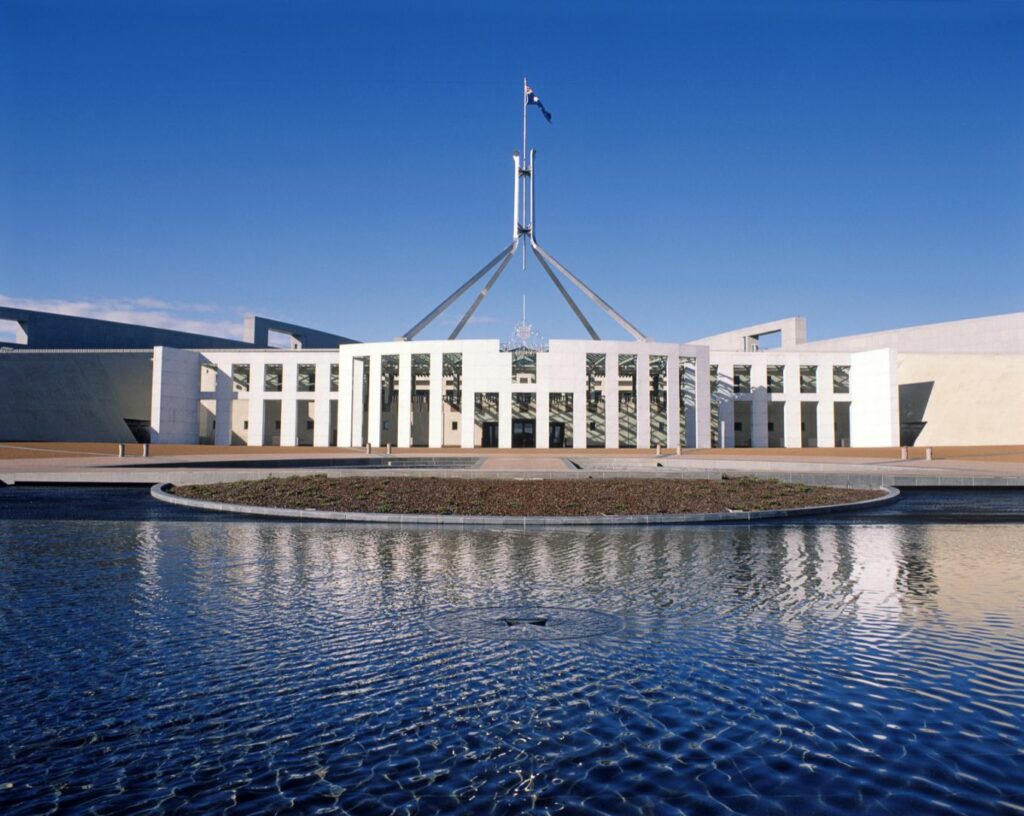
Our economy is suffering serious turmoil at the moment.
We need to think that a government is a bit like a business, money comes in via taxes and loans, and money goes out via public infrastructure spending, services, defense and bureaucratic salaries/accommodation. That effectivity is the business of government. If we spend too much, government has to borrow, and if we spend less, we can save for a rainy day, if we continue to spend too much, loan servicing costs bite into our ability to provide effective and needed services to the community.
Like business, governments should look to maximize the benefits of each dollar spent to ensure the community (taxpayers) get the best bang for their buck. The question we need to ask, is that happening at the moment. I do not believe this is the case.
Our esteemed federal treasurer recently indicated that we should spend more of our taxpayers money to incentivize the investment in renewable energy ie give public money to private sector conglomerates to make money for their shareholders (this is called RENT SEEKING). We are currently seeing the private sector pulling away from investment in wind farms due to the lack of commercial profit margins, what does this suggest to the average punter in the street?
While I think that the recent announcement by our Federal Treasurer to cut infrastructure projects, this is will not result in significant changes to inflationary pressures, because we are seeing contradictory policy spending decisions in subsidies, handouts and increase in public bureaucracy by both state and federal government in the area of childcare, energy, subsidies to various non-productive sectors. This spending increases inflationary drivers. The unfortunate thing is that at the moment, Australia has a two-speed economy, those families and small business owners impacted by interest rates are really hurting, and the increase in business insolvencies are a pointer to this. While other parts of the economy such as those employed by government (apparently increasing by 10,000 in Canberra over the past 12 months), are relatively well off, employed by sectors of the resource industry, and involved with infrastructure subsidies by governments have cash to burn are also doing ok. Therefore, increasing interest rates only hurt significantly less than 50% of our population.
I think from a whole economy perspective, we have to look at investing in sectors that do not require government support, increase productivity and reduce pressure on interest rates. The Government can also look at ways to improve productivity, not just invest in rent-seeking industries that open a window for systemic financial abuse.
Our government (state and Federal) obsession with looking good on the progressive world stage is not doing the average person on the street any good, and especially small businesses who are struggling through market distortion of government meddling in the marketplace (energy, labour, innovation investment etc).
On a better note, I will be working in collaboration with a colleague of mine on delivering a suite of productivity and business risk reduction webinars early in the New Year and looking forward to being heavily involved. These webinars will look at information gathering and productivity tools to improve business profit margins, more in this space.
If you want more information, I can be contacted at john@ctocsolutions.com.au
Have a great week
Wow, this paragraph is fastidious, my sister is
analyzing these kinds of things, therefore I am going to tell her.
Nice blog here Also your site loads up very fast What host are you using Can I get your affiliate link to your host I wish my site loaded up as quickly as yours lol
Normally I do not read article on blogs however I would like to say that this writeup very forced me to try and do so Your writing style has been amazed me Thanks quite great post
I wanted to take a moment to commend you on the outstanding quality of your blog. Your dedication to excellence is evident in every aspect of your writing. Truly impressive!
Hello Neat post Theres an issue together with your site in internet explorer would check this IE still is the marketplace chief and a large element of other folks will leave out your magnificent writing due to this problem
Nutra Gears You’re so awesome! I don’t believe I have read a single thing like that before. So great to find someone with some original thoughts on this topic. Really.. thank you for starting this up. This website is something that is needed on the internet, someone with a little originality!
allegheny county real estate I just like the helpful information you provide in your articles
Simply Sseven Very well presented. Every quote was awesome and thanks for sharing the content. Keep sharing and keep motivating others.
Masalqseen I really like reading through a post that can make men and women think. Also, thank you for allowing me to comment!
Your blog is a constant source of inspiration for me. Your passion for your subject matter is palpable, and it’s clear that you pour your heart and soul into every post. Keep up the incredible work!